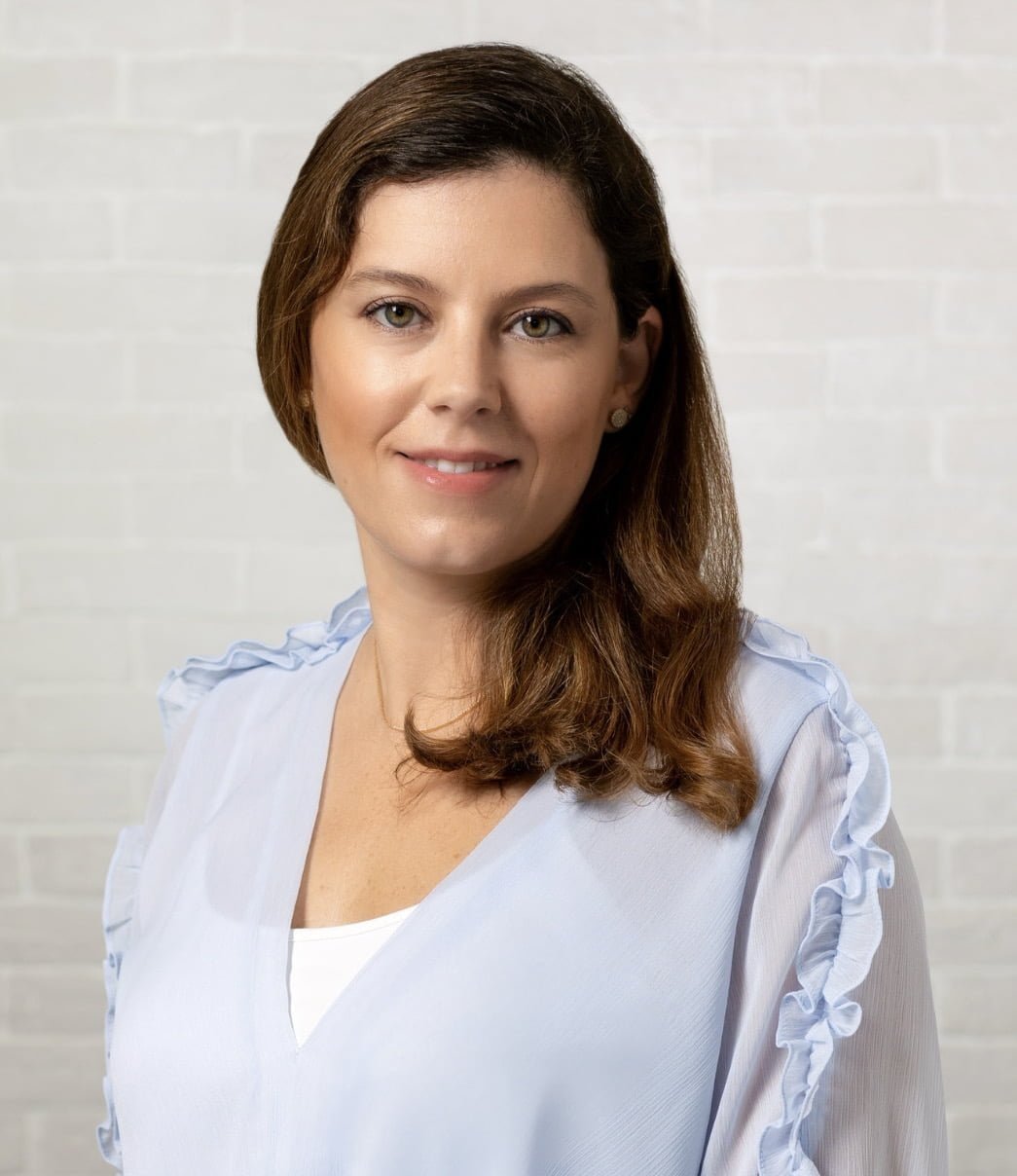The Regenerative Agriculture Venture Programme (RAVP), an initiative spearheaded by Goumbook, has announced that it has received 158 registrations from over 18 countries across the Middle East, North Africa, and Turkey (MENAT) region and beyond.
Registrations have been submitted by researchers, students, and entrepreneurs, it was shared.
The Regenerative Agriculture Venture Programme, in partnership with HSBC Bank Middle East Limited, Saudi Awwal Bank (SAB), and supported by the European Institute of Technology Food (EIT Food), focuses on early-stage research and nature-based solutions integrating regenerative agriculture practices.
These solutions aim to be scalable and accessible, particularly to small and medium farmholders who represent between 60 and 80 per cent of the agricultural landscape.
The programme targets the upskilling of researchers, students and entrepreneurs who are addressing key agricultural challenges in the MENAT region.
These regenerative agriculture solutions address various issues, including:
- Soil health,
- Food security,
- Water scarcity,
- Biodiversity loss,
- Climate change mitigation and adaptation,
- Carbon sequestration,
- Combating salinity and desertification,
- Enhancing yields and nutrition,
- Promoting crop resilience,
- Utilising natural fertilisers and pest control, and
- Benefiting social welfare.
Submissions were received from 18 countries, with Saudi Arabia and Egypt each contributing 24 per cent. Meanwhile, the UAE represented 19 per cent of the applications, Turkey 10 per cent, and Morocco and Algeria 5 per cent each.
Further, applicants are 43 per cent female and 57 per cent male applicants.
RAVP explained that following the verification process, applicants engaged in a virtual boot camp, where they collaborated with experts, mentors, and entrepreneurs to explore regenerative agriculture’s potential from environmental, social, and economic perspectives.
The boot camp sessions covered ideation, transforming research proposals into business pitch decks, and exploring funding mechanisms to support regenerative agriculture solutions.
The semi-finalists were selected based on their capacity to address agricultural challenges, food security, and climate change within the MENAT region. Their projects cover a wide range of innovations, including new methods to improve soil health, applications of circularity within agriculture waste, enhancing crop and climate resilient varieties, reducing reliance of synthetic chemicals, tackling salinity and water scarcity, to cutting-edge technological innovations.
The top 21 semi-finalists submitted their initial business pitch decks for evaluation by a panel of experts. The next phase will equip the top 10 finalists with skills in entrepreneurship, intellectual property protection, pitching, and investment strategies to further develop their solutions commercially.
Goumbook’s Regenerative Agriculture Programme has also announced the Judge Evaluation Committee, composed of diverse regional and international subject matter experts, who will assess semi-finalists’ solutions and select the top ten finalists.
Going ahead, finalists will showcase their solutions to a panel of judges, competing to secure one of three $10,000 awards with further support and potential funding available to them, subject to their solutions’ needs requirements.
The winners will collaborate with local farmers to integrate their concepts into real-world agricultural practices.
They will also be able to access supporting stakeholder community calling on public institutions, private entities and NGOs.



